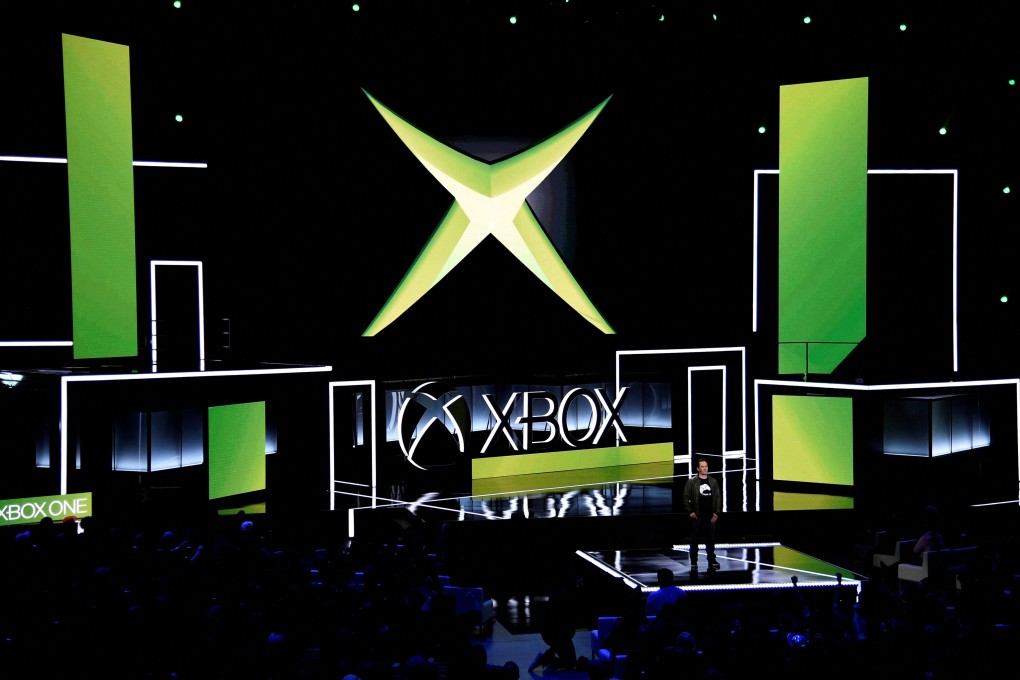Microsoft creates new team in China to help local video game developers expand overseas via Xbox
- The team, under Microsoft’s Xbox Gaming Ecosystem group, will include business strategy managers based in Shanghai, a city that is home to key video game firms
- In 2021, the revenue generated by self-developed Chinese games in overseas markets reached US$18 billion, a year-on-year increase of 16.6 per cent

Microsoft is adding new employees in China to help Chinese video game studios and publishers expand overseas through its Xbox, according to an executive at the US software giant’s gaming unit.
The new team will help game developers in China “reach a wider global audience”, Rod Chang, senior director of Microsoft’s Asia Gaming department, said in a LinkedIn post last week.
Chang was lead producer for Xbox games’ State of Decay and Skulls of the Shogun, and director for Minecraft’s China edition, before he moved to overseeing the Asia Gaming department in 2019.
The new hires, reporting to Microsoft’s Xbox Gaming Ecosystem group, will include business strategy managers based in Shanghai, who will help local gaming partners release new content onto the console, according to job listings on the company’s website.
The managers are expected to report to the senior director for Asia and will act as the primary contact for Microsoft’s gaming partners in China.